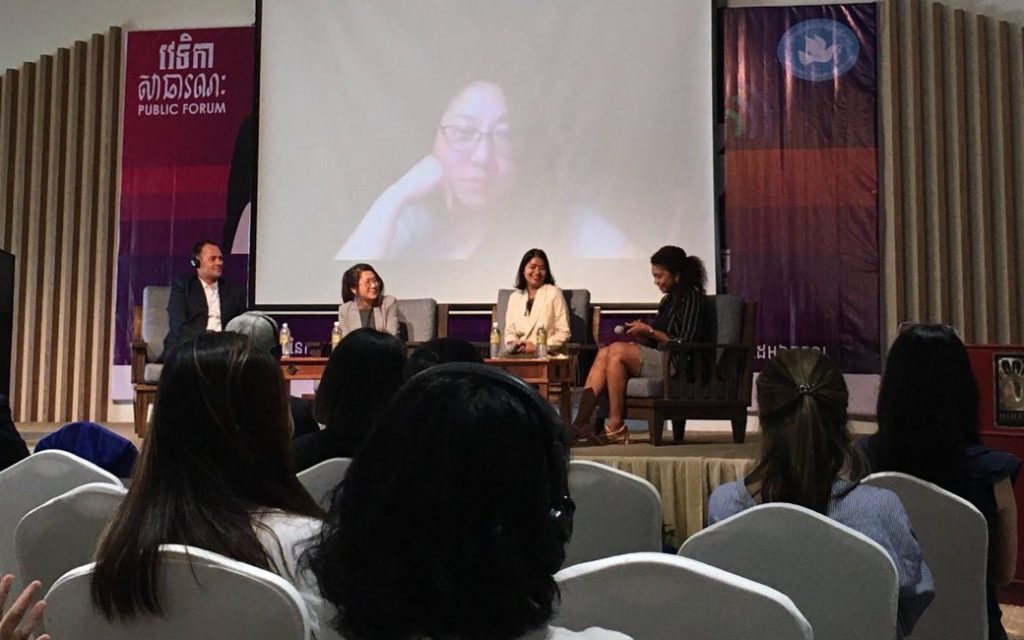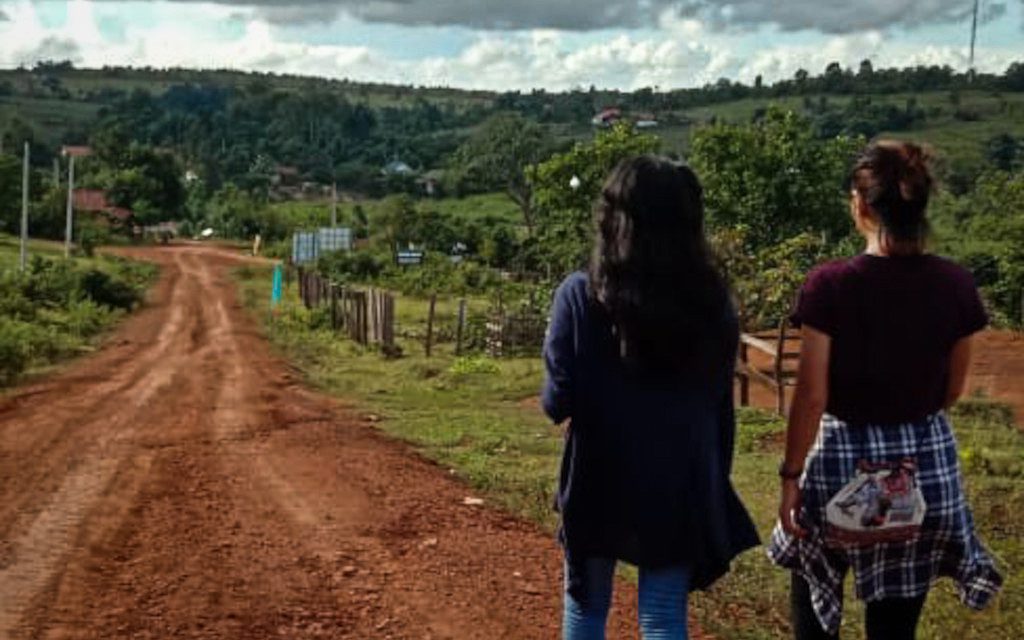Young women from Cambodia’s minority groups said they felt a sense of pride in their ethnic and religious identities, but felt discriminated against for their identity and use of their language, according to new research.
Sixty-percent of ethnic Vietnamese young women surveyed and 90% in indigenous groups faced discrimination, including problems at school and especially when using their language, the research report said.
Civil society groups, including youth and women empowerment group Women Peace Makers, released research Friday morning that included conversations and a survey with young women from indigenous, ethnic Vietnamese, Cambodian Muslim and Khmer Krom communities across the country.
Respondents said they felt sidelined for their identities both by the majority and their own communities. The women felt a strong sense of identity but around a third of respondents said they were discriminated against for their minority status or for speaking their language. The women felt their family’s financial situation — more than 90 percent said their economic status was unstable or somewhat unstable — was holding them back from accessing education.
Many of the girls felt they received little support while going through puberty and felt isolated among their communities or families, where they were unable to discuss or access information about sex education and sexual health services.
This exclusion was highly visible in respondents from the ethnic Vietnamese communities, 60% of whom said they had faced discrimination leading to them dropping out of school or feeling devalued.
“I don’t have an identity. I do have a home here but I don’t have any legal documents. I don’t really know who I am,” said a 14-year-old ethnic Vietnamese respondent who was not named in the research.
Ethnic Vietnamese groups are routinely targeted in the country with most lacking formal documentation. The Phnom Penh government last year ordered the eviction of communities living on the river, with ethnic Vietnamese residents forced to the Vietnamese border, where Vietnam also blocked their entry into the neighboring country.
Sim Chanchakriya is from the ethnic Vietnamese community and spoke at the event. She said discrimination coupled with poverty made it hard for her and other girls to go to school. And even if they reached school, the discrimination continued, she added.
“Some who go to school, they face problems like being looked down on by the teacher, some words [are said] that make them feel bad,” Chanchakriya said. “They have to hide their identity; if they told others about their identity, they would be discriminated against.”
When it came to indigenous minorities, the young women from those communities said they were keen to learn their language and preserve their culture, but only a third had studied their mother tongues and only 15% felt proficient in their language.
Two-thirds of respondents were comfortable with showing their identity but more than 90% had faced discrimination in their lifetimes.
Seng Teav, who is from the Bunong community and a speaker at the event, said there was a perception that people from her community were lesser than others.
“The mindset that thinks the indigenous people cannot go far, cannot study. [They think] Bunong are living in the forest with no proper clothes and they have no opportunity to go out.”














